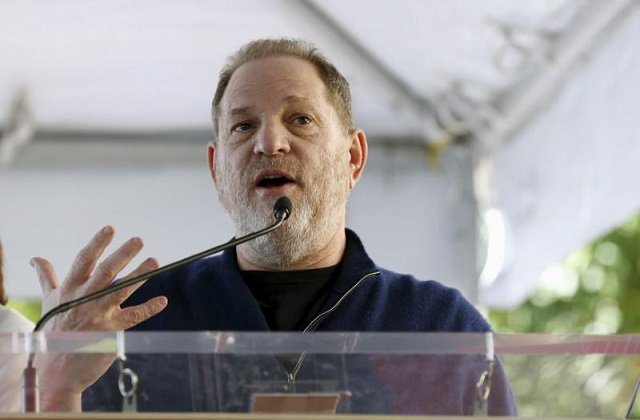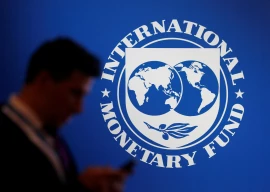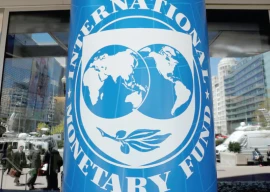
In his recent speech on the floor of the National Assembly, Prime Minister Imran Khan highlighted achievements of his government on foreign policy. He particularly mentioned the transformation in the relationship between Pakistan and the United States while taking credit for galvanising world public opinion against Narendra Modi for his fascist policies. But these claims by the Premier need a close scrutiny.
It’s true when Imran Khan became prime minister in August 2018, the relationship between Pakistan and the US was at the lowest ebb. But turnaround came in a matter of months when President Donald Trump, in late 2018, wrote a letter to Imran Khan seeking Pakistan’s help for the Afghan peace deal. Pakistan responded positively to the US call as it not only brought the Afghan Taliban to the negotiating table but also helped brokered the deal on February 29. Meanwhile, in the middle of this, a direct contact between Pakistan and the White House was established through Senator Lindsay Graham, an influential Republican considered close to Trump. Senator Lindsey, who frequently travels to Pakistan, was impressed with the vision of Imran Khan on Afghanistan. He played an instrumental role in obtaining a White House invite for Imran Khan. In a short span of nine months, Trump and Imran met thrice. Unlike the past, Trump visibly toned down his criticism against Pakistan. On the contrary, the US officials started praising Pakistan’s positive role in the Afghan peace efforts. So, in terms of optics there has definitely been an improvement in Pak-US ties. But has there been a qualitative change in the relationship? The answer lies in the recently released annual report by the State Department on terrorism. The State Department report starts with this: “Pakistan continued to serve as safe haven for certain regional focus terrorist groups.” This just summed up how the US establishment views Pakistan.
The Foreign Office rejected the assessment of the US. But isn’t it a failure of Pakistan’s diplomacy that at a time when Islamabad is going out of the way to support Washington on Afghanistan, yet we are being blamed for supporting terrorists? If there were tangible results of improvement in the relationship, the State Department would not have made such harsh references in its report. The other areas where the US could have supported Pakistan includes getting Islamabad out of the FATF grey list, negotiate a better IMF deal (remember being the largest contributor, the US has influence over IMF), restore the Coalition Support Fund (CSF), which is not aid but money owed by the US to Pakistan in the fight against terrorism. On top of this the US could have been more proactive on Kashmir.
It appears Islamabad has been assisting the US to ensure its honourable exit from Afghanistan but without getting anything in return. Remember, in international relationships there are no free lunches. Pakistan seems happy that Trump made a few references on Kashmir and offered audience to our Prime Minister thrice. If we call this a success, then certainly our yardstick to measure it needs to be changed.
Similarly, on Kashmir, Imran Khan did launch an offensive against Modi on Twitter but what’s the end result? The people of Kashmir still remain under siege while the world looks the other way. Diplomacy on Twitter or speeches here and there can’t be a substitute to strategy. Our failure is that we couldn’t even convince the OIC on Kashmir. Pakistan’s proposal to have an exclusive conference of OIC foreign ministers on Kashmir in Islamabad never saw light at the end of tunnel since some of our “Muslim friends” don’t want to antagonise India. Therefore, we need to take a holistic view when claiming success on foreign policy.


















COMMENTS
Comments are moderated and generally will be posted if they are on-topic and not abusive.
For more information, please see our Comments FAQ